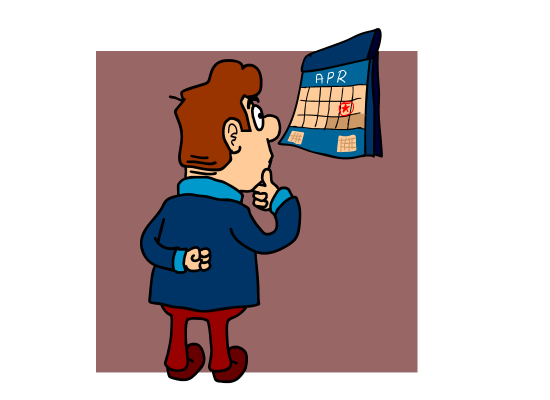When new inbound B2B sales leads contact your company for the first time, what happens? Do you…
A: start trying to sell to them right away? Or…
B: Unceremoniously transfer their phone call directly to the sales team or put them on a list of names for later follow-up (even if a few names sometimes fall through the cracks)? Or…
C: Start by having a clear, focused conversation where you ask the prospect some questions to get to know the prospect better and figure out if they’re a good fit for what you sell and determine how ready they are to buy?
Hopefully, your answer is C! It’s incredibly important to handle new sales prospects carefully, and that means starting out by asking some smart questions. The first conversation that new B2B sales leads have when they contact your organization is crucial to starting to build a solid sales relationship – and if you’re not careful, you might end up wasting time and losing deals while watching good prospects fall through the cracks. Too many B2B sales teams end up chasing after bad leads while not having time to focus on the BEST B2B sales leads because no one at the company took the time to do some pre-qualifying and ask some smart questions upfront.
Here are five key pre-qualifying questions that you need to ask your new B2B sales leads during the first conversation, and why they matter:
1. Ask you B2B sales leads how did they find out about your business?

Why it matters: This question will help open up the conversation to find out more about what the prospect knows about you and why they decided to call. For example: Did they see an ad or infographic? Did they get a referral from an existing customer? Did they find your website? Did they see a social media post on Facebook or Twitter that made them want to learn more? Find out how they learned about your company, and this can be a good way to understand more about the prospect’s needs as well.
2. Why are you calling today – what motivated you to contact us?

Why it matters: This question will help you drill down and get more specific about why your B2B sales leads are contacting you and what their particular pain points are. For example, they might say, “Our current system just crashed and I’m fed up with it,” or “We got a great referral from a current customer who said you helped them solve a similar problem and we wanted to learn more.” Again: your goal in asking this question is to build trust and uncover more details about the prospect’s problems and start thinking about how you can help.
3.What issues are you having with your current solution?

Why it matters: This is a great open-ended question that doesn’t assume anything – you’re just asking your B2B sales leads to share a bit more about what kind of problems they’re dealing with. This will give you insights into the situation and figure out which of the solutions you offer might be a good fit for the prospect’s needs.
4.How is it affecting your overall business operations?

Why it matters: This is a great follow-on question – go further into the prospect’s business and start to talk about the overall picture of how their current challenges are causing issues for their overall organization. For example, how many departments are involved? Who are the stakeholders? Who will want to be at the table during the sales process? Whom do you need to include in any future meetings or product demos?
5.What timeline do you have in mind for making a decision?

Why it matters: This question should be handled with care. Don’t make it seem like you are pressuring them – just keep it casual. Find out how urgently they’re looking to buy from you – maybe they say “right away!!” or maybe they say, “current fiscal year” or maybe they say “not until next year’s budget is done.” Whatever the answer, you’ll have insights into how eager they are to buy – whether they’re a serious buyer or whether they’re just beginning to do their research.
All of these questions are designed to be open-ended, non-confrontational, and low-pressure. The goal is to get your prospect talking, build trust, and start to establish a sales relationship. When you learn more from your prospect in this initial conversation, you have the power to start to sort and rank your sales leads and use this knowledge to guide your sales process from that point on. Better knowledge about what your sales prospects want – and how you can help – equals better sales results!
(Also, you can read more about how lead qualification helps in aligning sales and marketing.)









